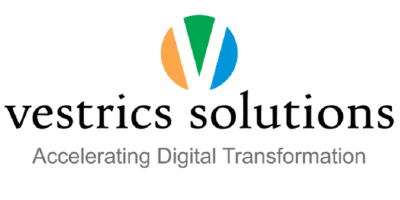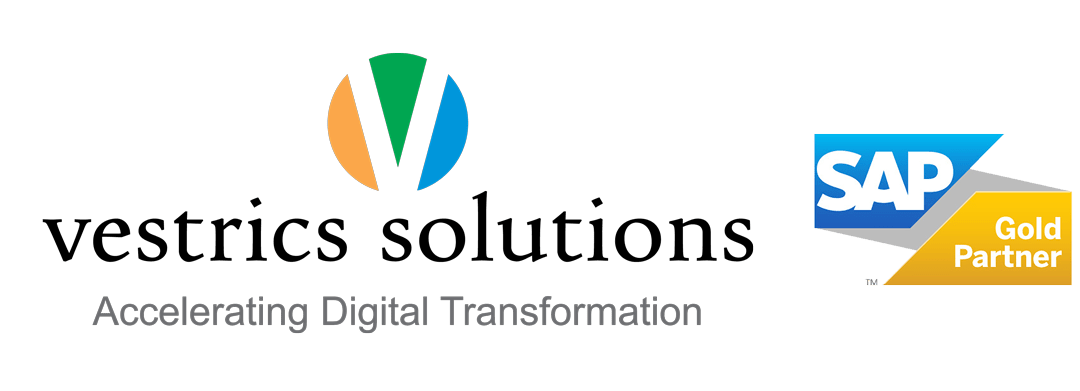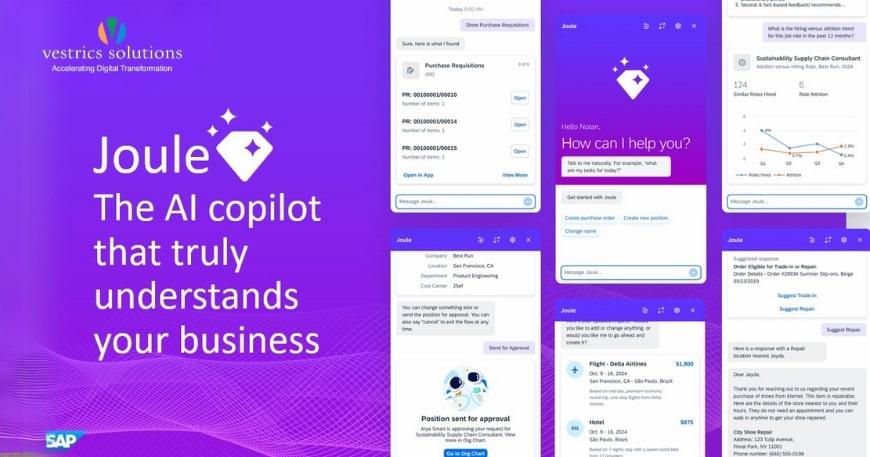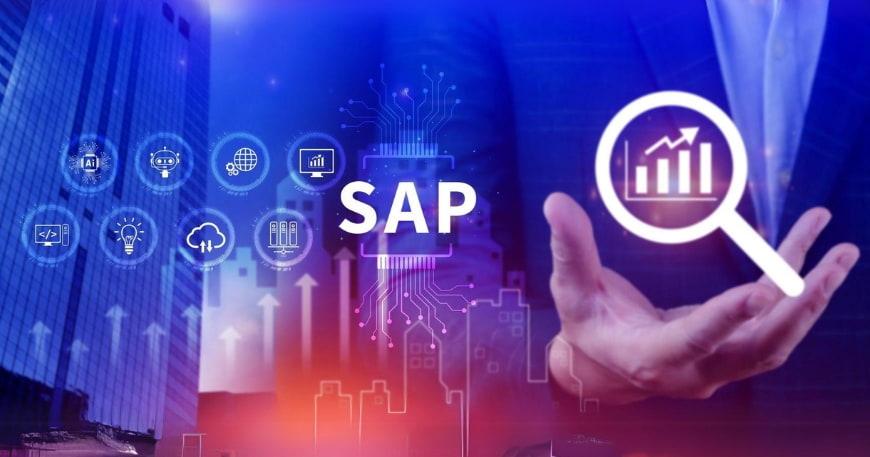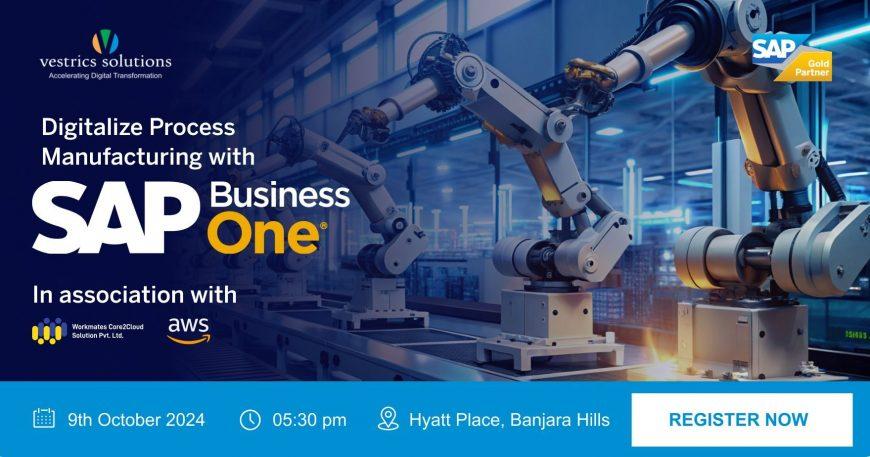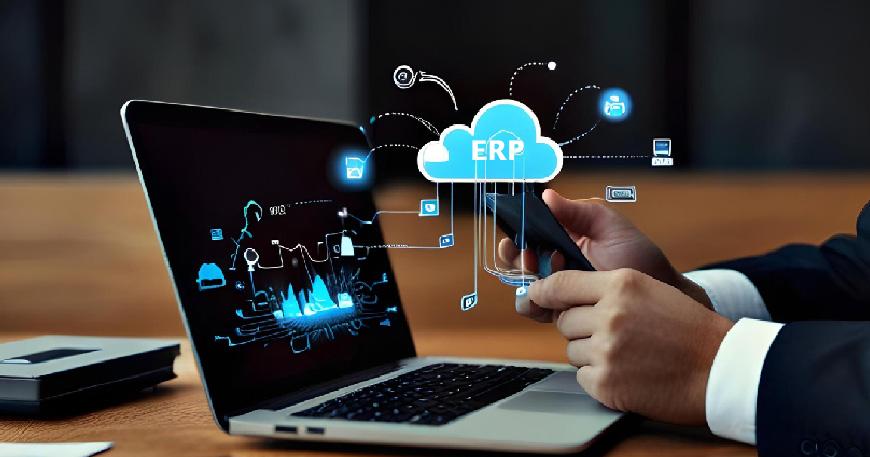Key Strategies ERP Leaders Should Explore to Accelerate Digital Transformation and Drive Business Growth
It’s no wonder that in the coming years 1.4 billion organizations are projected to invest $183 Billion in Enterprise Resource Planning (ERP) solutions, underscoring their critical role in modern businesses. ERP systems have evolved to support a wide range of functions, from back-end processes to front-end tasks. These systems help businesses cut costs by eliminating redundancies and automating routine tasks, while providing employees with timely access to vital information for informed decision-making. As organizations plan for ERP implementations, it’s essential to maintain existing services and data integrity. This blog explores key strategies for ERP leaders aiming to drive business growth and enhance digital transformation. It also addresses common challenges faced during the ERP planning process and emphasizes the importance of selecting the right ERP service provider for your organization’s needs. What Drives ERP Transformation? The decision to embark on an ERP transformation often comes from the different needs and challenges faced by an organization. However, there are several common drivers that motivates such a strategic shift: Outdated or Inefficient Systems: Traditional ERP systems often struggle to meet evolving business demands. This can lead to reduced productivity, increased errors, and operational inefficiencies, ultimately stifling growth. Ensuring Standardisation and Compliance: A centralised approach to processes, data, and reporting aids in adhering to regulatory requirements, simplifying internal & external audits, and maintaining consistency across the organisation. Improving Data Management and Analytics: Enhanced data accuracy, better visibility, and actionable insights provided by modern ERP systems empower informed decision-making right from beginning. Boosting Integration and Collaboration: Seamless integration across departments and functions fosters better communication, coordination, and efficiency throughout the organisation. Empowering Decision-Making with Business Intelligence: Real-time access to accurate reporting and critical data insights enables strategic planning and supports data-driven decisions. These drivers highlight the transformative impact ERP modernisation can have on an organisation’s operational efficiency and long-term success. Common Challenges in ERP Transformation Embarking on an ERP transformation journey is a significant endeavor that comes with its own set of challenges. These obstacles must be thoroughly addressed to ensure a smooth and successful implementation. Below are some of the common hurdles organisations may come across during the process: Data Migration and System Integration: Transitioning data from an existing system to a new ERP platform is a time-intensive process. Maintaining data accuracy, consistency, integrity is a significant challenge, as is ensuring seamless integration with other systems like legacy applications or CRM. Balancing Complexity and Customisation: Adapting the ERP system to meet unique business needs can be both challenging and costly. Striking the right balance between customisation and standardisation is essential for future scalability and ease of maintenance. Selecting the Right ERP Service Provider: Finding an ERP vendor with the right experience and forming a strong partnership is fundamental to the project’s success. Ensuring Training and Adoption: Maximising the potential of a new ERP system relies a lot on the user’s ability to adapt. Investing in comprehensive training and fostering enthusiasm among users are essential steps to ensure they can fully leverage the system’s capabilities. By proactively identifying and addressing these challenges, organisations can navigate the ERP transformation process more effectively, paving the way for successful implementation and long-term benefits. Key Strategies ERP Leaders Should Explore to Accelerate Digital Transformation and Drive Business Growth To thrive in a dynamic business landscape, ERP leaders must adopt strategies that align technology with organisational goals, ensuring faster digital transformation and sustainable growth. Here are the key strategies to consider: Set Clear Objectives and KPIs: Whether it’s streamlining operations, enhancing customer experiences, improving data accuracy or more, defining the strategic outcomes you aim to achieve through ERP transformation is essential to measure the progress and overall impact. Customisation & Complexity: Customising the system to align with unique business needs can be challenging and costly. There should be a perfect balance between customisation and standardisation to minimise such complexities. Invest in Collaboration and Integration: ERP systems should foster inter-departmental collaboration and seamless integration with other business tools like CRM or Supply Chain Management. By enhancing connectivity, organisations can reduce silos, improve coordination, and better internal communication. Prioritise Comprehensive Testing and User Training: Extensive testing and validations need to be performed in the ERP system during each implementation phase to identify and address the underlying issues. Conduct User Acceptance testing to validate that the system meets the required specifications and user expectations. Continuously Monitor and Optimise Performance: Post-implementation, track system performance against the defined KPIs. Establish a feedback mechanism to identify areas for optimisation and maintain a culture of continuous improvement to ensure the ERP system evolves with your business. By exploring these strategies, ERP leaders can accelerate digital transformation, enable agility, and drive long-term business growth while minimising risks and maximising the potential of their ERP investments. Transitioning from legacy systems to modern ERP solutions is a pivotal step for any organization that requires careful planning and the right expertise. For small businesses, selecting the right ERP service provider is essential to drive efficiency and growth. We at Vestrics Solutions, as a certified SAP® Gold Partner in India, specialise in delivering tailored ERP Solutions for Small Businesses. With vast experience in SAP ERP implementation, Vestrics Solutions helps businesses streamline processes, enhance decision-making, and achieve measurable growth. Embark on your digital transformation journey with Vestrics Solutions and unlock the full potential of innovative ERP solutions designed for your unique needs.
